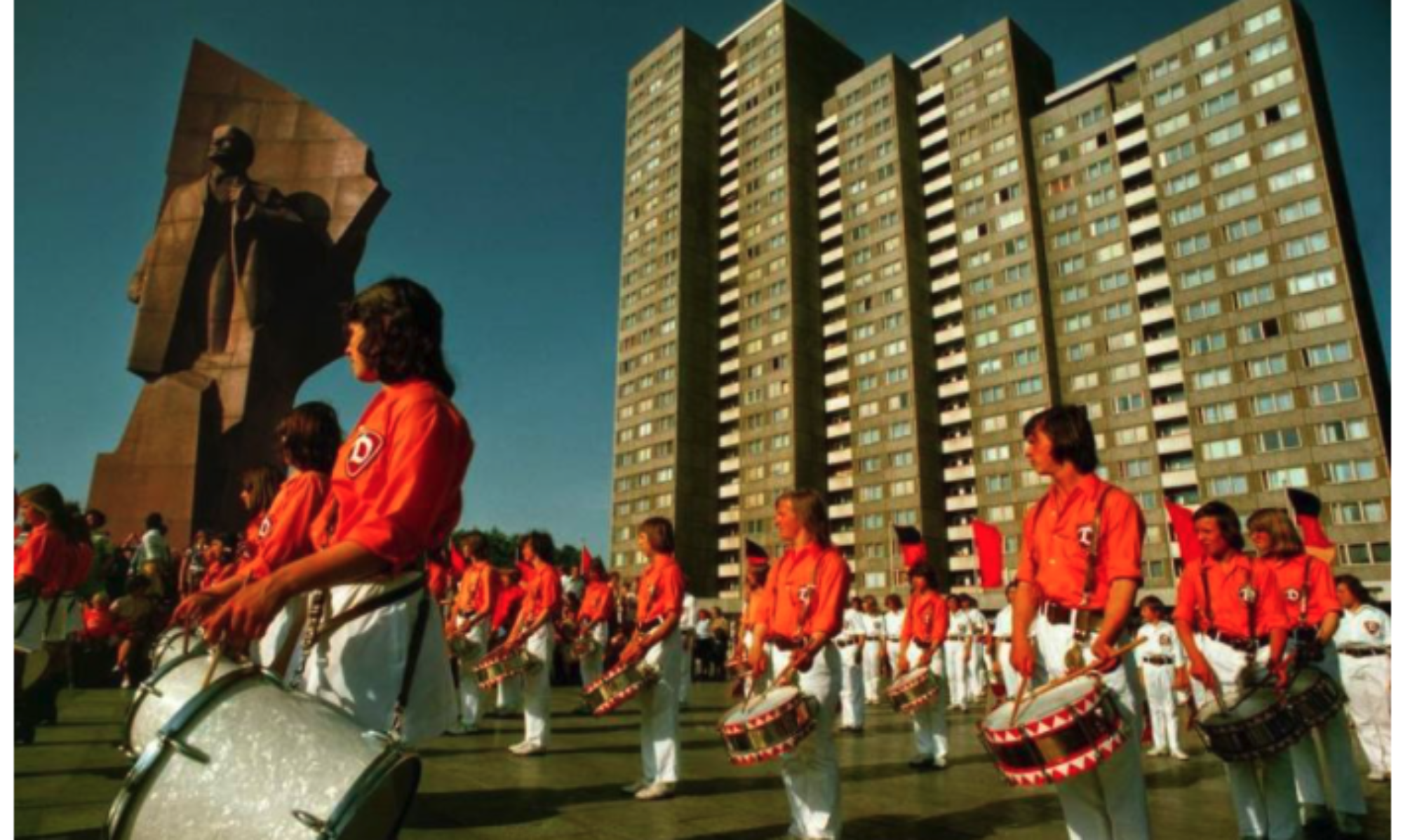As I read chapter 8 of the book, I was focusing mostly on the different reactions to towns destroyed along the border. Those who refused to sell, refused to move, were punished severely – although punishments were nothing new in this situation, especially because East German residents had seen people be shot, arrested, and punished for moving across the border. However, that did not stop many of these people. Why do you think this is the case? After all, it is stated that “the residents, fed up with life on the border, were mostly content to be relocated inland” (Applebaum, 182). Was it simple defiance against a brutal government?

I believe this was the case for the reasons that you had laid out in background information. Simply, because East Germans had seen so much turmoil and violence they decided to take the ultimate risk of losing their lives in some cases. After being exposed to traumatic events, I believe it is understandable or at least strongly correlated that these individuals would resist in this way. Even though I would agree that the aspect of a brutal government had a major role in the way events took place, I do not believe a decision like this is ever simple. Specifically, I think it is interesting to wonder if those who did resist, did so because they no longer had strong ties to society. Meaning that if a person’s family had already died, that person would have less familial ties or reasons to not risk their life. On the same line of logic, I think its fair to consider how economic instability could have also played a role in a similar way. Although, I could be reaching.
I think it best serves to look at the events of the two parts of Germany as not one separated country but as rather two independent ones drawn together by circumstance. I must admit while reading these sections, then, that I drew similarities between the border between North Korea and South Korea (and to a lesser extent USA and Mexico). In the former, it is apparent that those who attempt to flee over the border have not been convinced by their home nation’s propaganda and calls to nationalism/ patriotism. They are convinced that there is a better chance to live and thrive if that ran than if they stayed. As the manuscript describes, this is not beyond the circumstances in Germany at the time. They were convinced in part that life in the West would help them to fulfill their dreams and escape an unfruitful life. However, Applebaum makes it clear that there were a significant amount of individuals who crossed because they were drunk, dared, challenged, or otherwise encouraged to do so and were not caught or recorded. In this respect, it seems like the USA-Mexico border is a good comparison. In part, I think they were not able to stop them from crossing because of how extensive and costly it would have been to put that amount of man-power in (there’s a section that states they used cardboard cutouts to create an illusion). I think the other part is the fact that the guards were probably exhausted or numb to such occurrences. So, it’s not so much as a defiance to an unwelcoming government but rather a want to remain in normalcy. To that effect, there is a discussion of many of these residents subject to relocation not wanting to move because they were elderly and most likely to die soon. It was not defiance of the government but rather exhaustion to change (which I assume could be construed as defiance but I think there is some nuance there). In short, I don’t think there is a single reason why they wished not to be deterred by the border changes, but rather an amalgamation of changes, exhaustion, mythos, and other aspects.